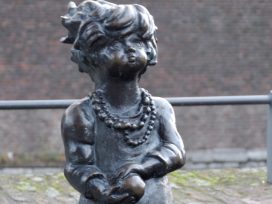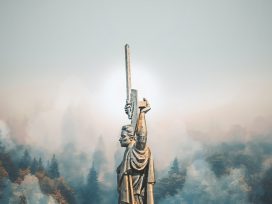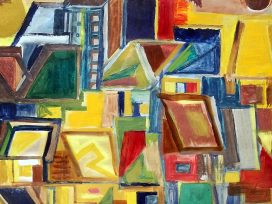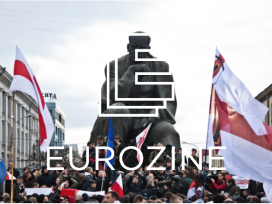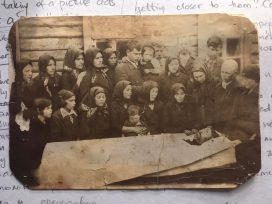Solidarity with Belarus
Physical fear and the dread of disappointment have been the dominant emotions whenever elections have come around in Belarus in the past two-and-a-half decades. This time is no different. And yet something has changed.
In Belarus, Alexievich is treated with a reverence reserved only for two other national writers before her: Alieś Adamovič and Vasiĺ Bykaŭ. This is not because she has styled herself as symbol of political resistance. Rather, it is because her deeply humanist vision, like that of her forebears, transcends the everyday political circumstances that so many people in the country experience as a humiliation.
Some readers of the interview may find it uncomfortable that she thinks the time has passed for a lustration process in Belarus. But when Alexievich pleas for understanding the ‘cultural and mental components’ of the situation, she is certainly not making excuses for the past or turning a blind eye to the present.
Comparing the generation that came of age under Lukashenka with her own, she observes that ‘their aspirations are different. They’re more concerned about their private lives’. Until recently, this has been true for all but a small group of progressive, liberal-minded activists and journalists. As Ingo Petz observes in his in-depth piece on Belarus’s delayed political awakening, the nationalism of a generation politicized by Kurapaty and Chernobyl was, for the generation that came after, a throwback – and one that could get you into trouble.
Physical fear and the dread of disappointment have been the dominant emotions whenever elections have come around in Belarus in the past two-and-a-half decades. With more than 40 journalists detained over the past ten weeks, that is still the case this time. And yet something has changed. The fact that the opposition candidate Sviatlana Tsikhanouskaya has been attracting massive crowds not just in Minsk and other cities, but also in the provinces, is the best evidence that Lukashenka’s repressive social contract – as Petz calls it – is losing its hold. All that we can hope for on 9 August is that there will be no bloodshed.
For something quite different: do take time to read historian Kate Brown’s brilliant essay ‘Resurrecting the soil’, contributed by the Estonian cultural magazine Vikerkaar. Brown blends her account of an urban gardening project in Washington DC with a history of colonialism, two world wars and industrial chemistry – and concludes with a strategy for the Anthropocene. Gardeners have always been credited with higher wisdom: this confirms it.
Published 5 August 2020
Original in English
First published by Eurozine
© Eurozine
PDF/PRINTNewsletter
Subscribe to know what’s worth thinking about.
Related Articles

The imprisoned Belarusian opposition politician Maria Kalesnikava has been in a critical condition since the end of November. In October she was awarded an honorary professorship at the University of Salzburg. The philosopher Olga Shparaga, a fellow member of the exiled Coordination Council, pays tribute to a feminist legend.
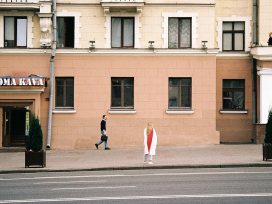
Revolution in progress
Voices of Belarusians in exile
The Belarus Revolution started in 2020 after a rigged presidential election. It ended, at least to outward appearances, with Lukashenka’s brutal repression and stricter outlawing of future protests. But, for many, the struggle continues: a new study on protestors’ recollections refutes the perception that the revolution failed.

